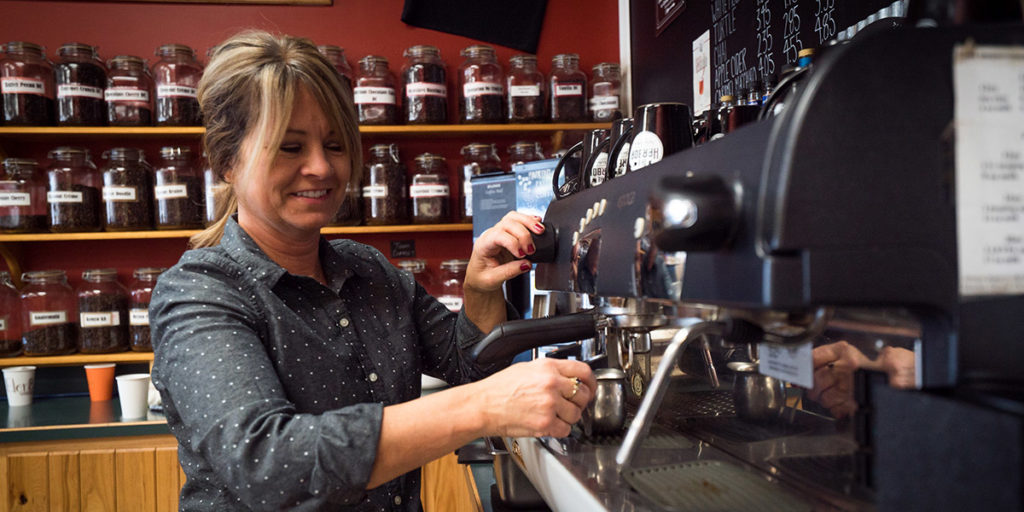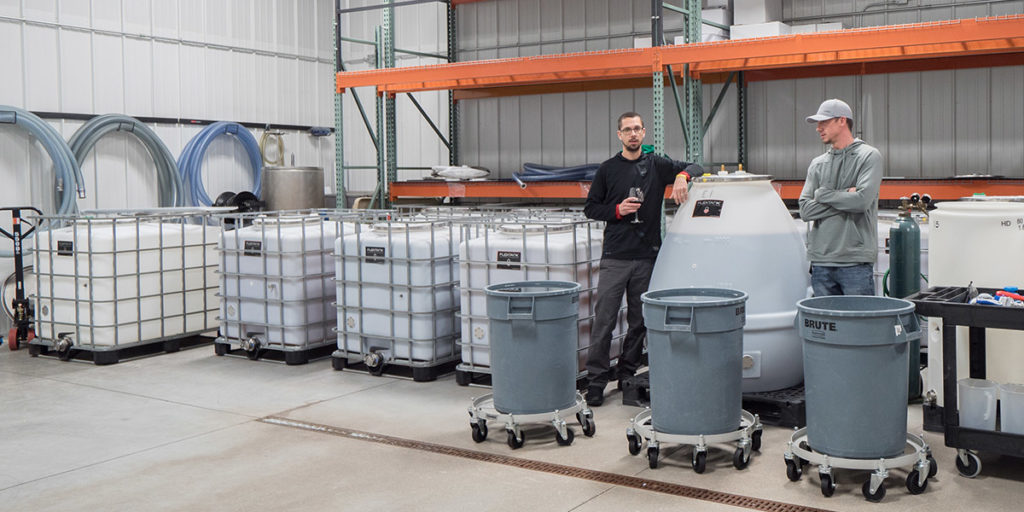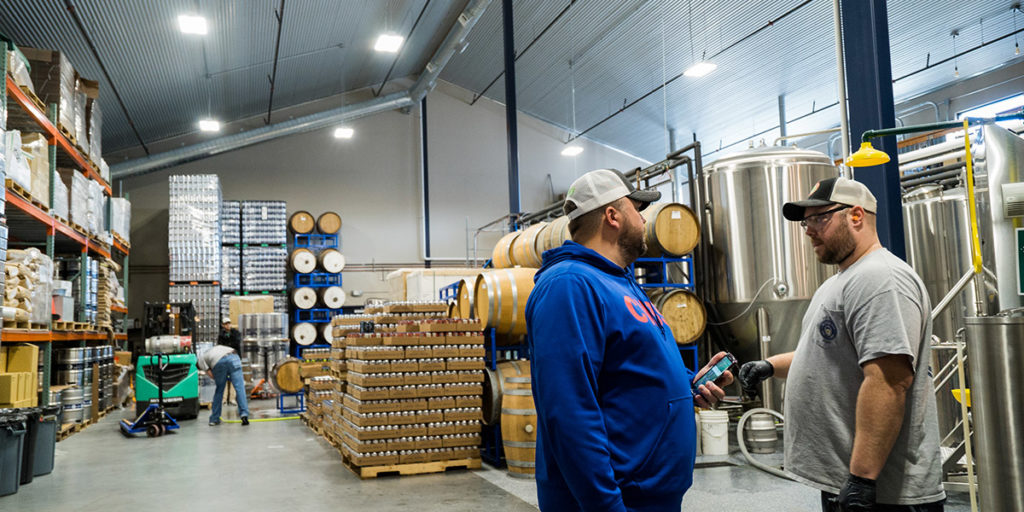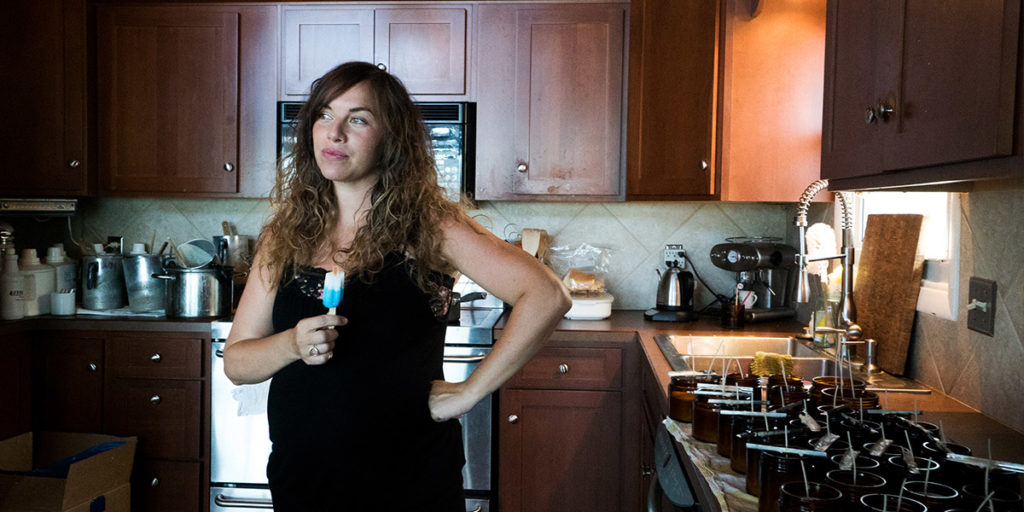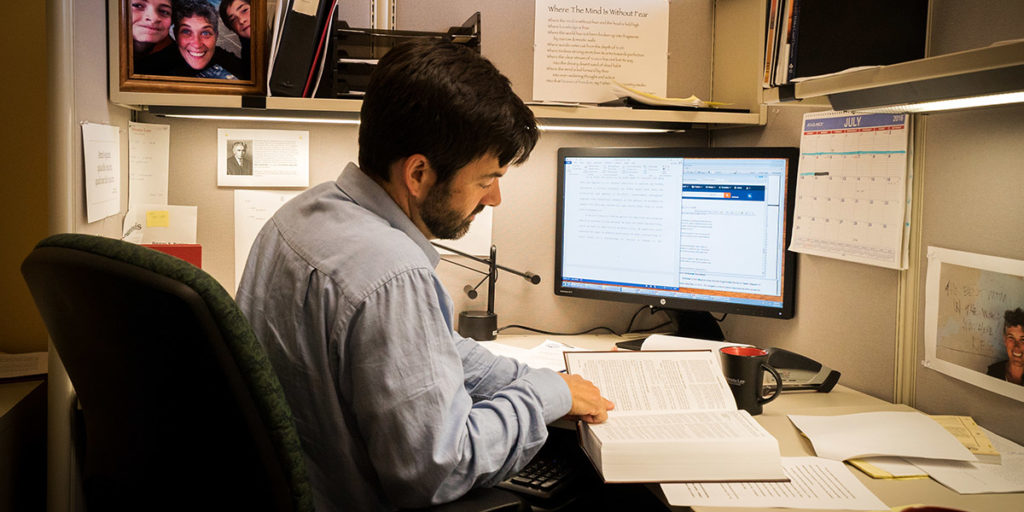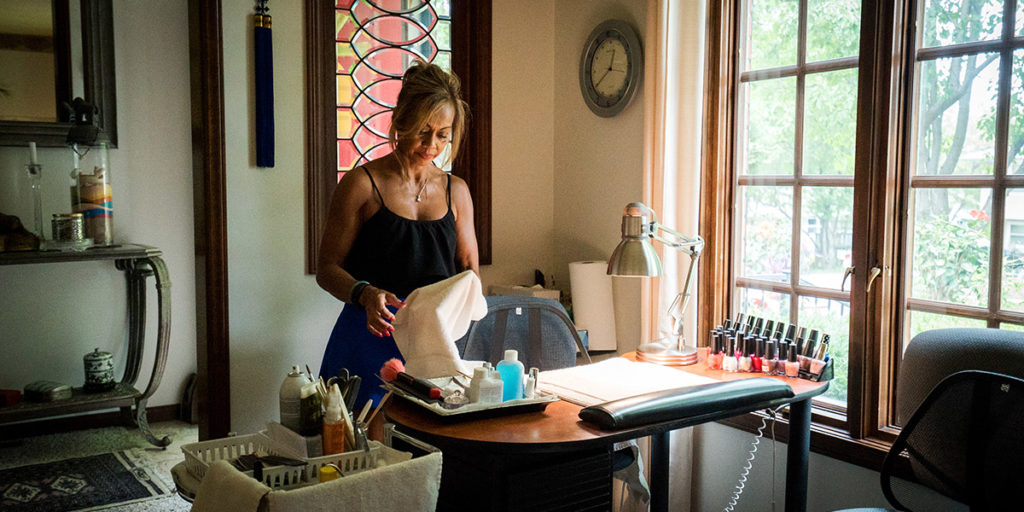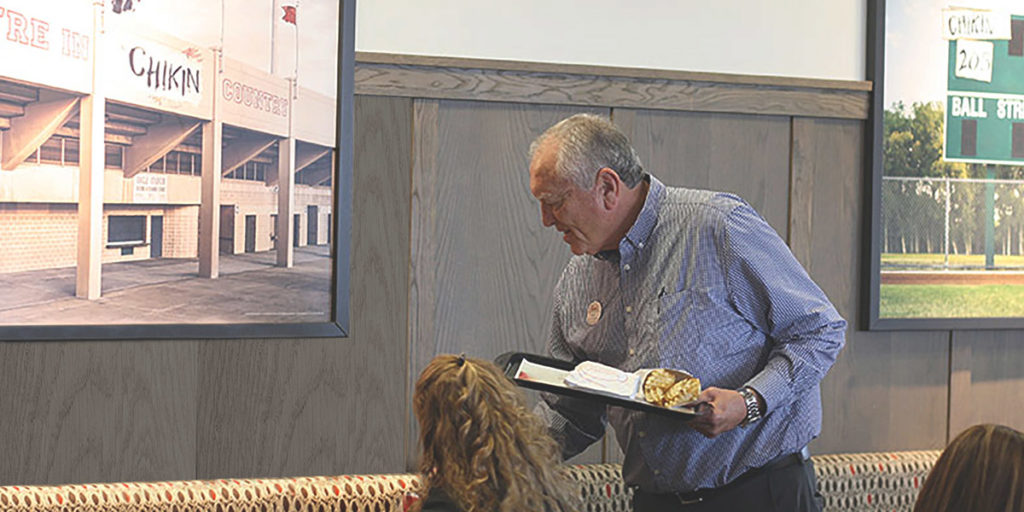
David Lawton said his kids would always joke with him, saying: “Hey dad, what are you going to be when you grow up?”
It was the running joke because David has had a lot of jobs. So many, that he has a hard time keeping track of them all.
He’s done everything from stocking shelves at a grocery store to being a pediatric nurse, an interim dean, an ER nurse and ‘the mayor’ of Chick-fil-A.
Now, at the age of 69, David said he has no clue what’s next. The truth is, he doesn’t know what’s next because the past 50+ years have been full of the unexpected.
“My story is really Claudia’s story too…” he said.
He wanted to make this distinction because he and Claudia have been married for 45 years. They grew up on opposite coasts, David in Santa Barbara, and Claudia in Miami. The two met when they attended Covenant College and got married a few years later.
Despite being somewhat of a poor student, David graduated with a degree in psychology and he and Claudia looked for jobs and a place to settle down. As a nurse, Claudia had lots of options when it came to jobs and David said he had to beg employers for even a manual labor job.
After their first child was born, David decided to go back to school to get a nursing degree, thinking it would provide him with a more consistent way to support his family. He enrolled in a 15-month accelerated program, graduated on a Friday and started his nursing job the next day.
He had originally planned to be a postpartum nurse, but during that time the job was a bit taboo for a man, so he decided to be a pediatric nurse. David said he’d always loved kids and being around them all day felt like the perfect fit. He went on to get his bachelor’s and Master’s degree in nursing and nursing administration and then took a position at the local VA hospital.
David and his family lived in Florida, Georgia, California and Oregon during his early years as a nurse before he was offered a job at Lincoln’s St. Elizabeth Hospital in the early 90s. He and Claudia had never thought about moving to the middle of the United States, they were coastal people who liked views of the ocean. But after a bit of convincing, they decided to at least visit Nebraska. It was January so they packed coats, gloves and boots for their kids, and in true Nebraska fashion they were welcomed to the state with 70-degree weather.
While they hadn’t pictured a life in the Midwest, the job David was offered was a great opportunity to use both his leadership and nursing skills and he decided to take the job. Since being in Nebraska, David has worked for the state’s health department, Clarkson College, earned his Ph.D, worked for the federal government, Concordia University and Bryan Heart.
After his contract with Bryan Heart ended he began applying for other medical jobs but wasn’t having any luck. He suspected it was because of his age, but he didn’t let that discourage him.
It was around this time that a Chick-fil-A was opening and David decided to send in an application. He was the second person hired at the new location and was put in charge of maintaining the dining room.
David took his job very seriously. He’d come in every morning and make sure the dining room, bathrooms and play area were properly cleaned before the patrons arrived. He greeted customers with a smile and worked to learn the names of his regulars who grew to appreciate his attentive and joyful spirit.
“The job was really about anticipating people’s needs,” he said. “If a mom came in with a baby, I made sure she had a high chair or that she had a seat where she could easily see the play area.”
It seemed like common sense to David, but his work ethic and personality charmed both kids and adults alike. He worked behind the counter when he needed to and even cut and squeezed lemons for the chain’s much talked about lemonade.
The staff started referring to David as ‘the mayor’ of Chick-fil-A.
“I liked it,” he said. “I liked being able to serve people and not hold anything back. It was about making people happy.”
His stint at the restaurant lasted about 18 months before deciding to go back into his professional field so that his license wouldn’t lapse. So in September 2016, ‘the mayor’ of Chick-fil-A resigned and started working for a home health company.
While it’s different than mopping floors and making funny faces at kids, there’s a lot of hospitality involved in his new job as well. He said his caseload is full of lonely people looking for someone to check in and care for them, and this role plays well to his strengths.
When David thinks about what’s next in his story, he said he has no clue what the future holds, and he’s OK with that.
After all, he never expected to live in Nebraska, have five educational degrees and have worked more jobs than he can remember.
But what he is counting on is always helping people. He’s a learner and a do-er, he feels most like himself when he’s serving others or when he’s with Claudia and those are things that won’t change, he said.
Maybe he’ll retire one day. Maybe he’ll go back and work at Chick-fil-A. Or maybe, he’ll still be trying to figure out what he’s going to be when he grows up.
***
Photo courtesy of Rebecca Tredway.
